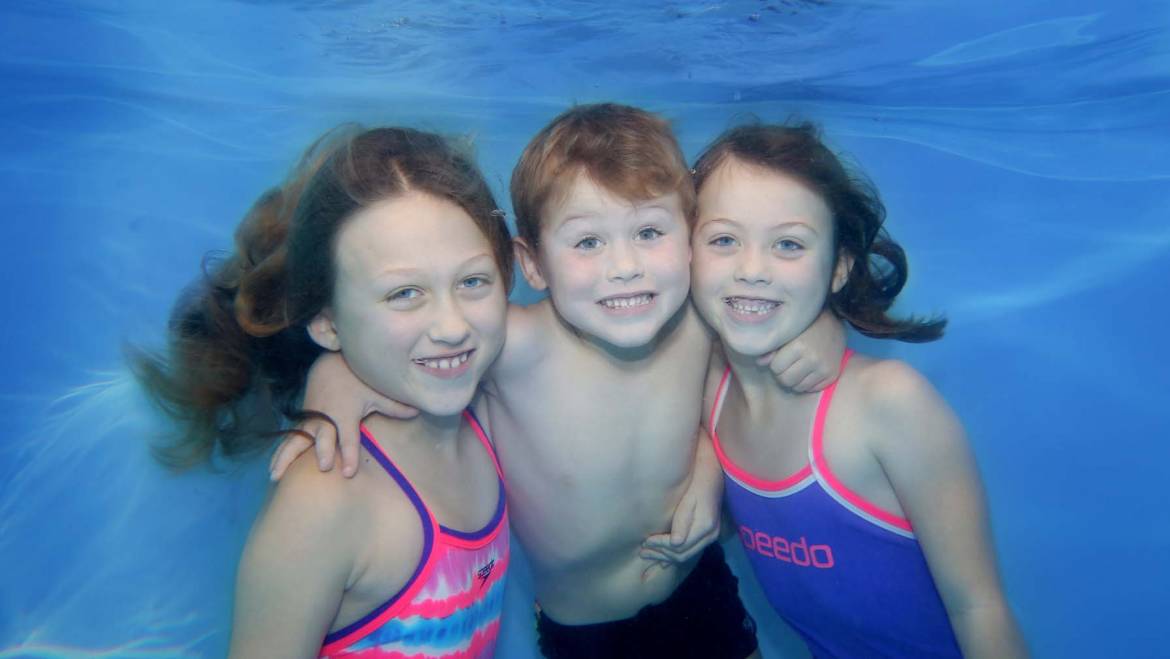Excerpt from: Swim Australia: Swimming Matters Newsletter. Written by: Michaela Lewis, M.Ed (Leadership), M.Ed (Education), B.Ed, Grad Dip. (Learning Support), Dip.T.
Links between Swimming Lessons and School Readiness
Starting school is a big transition for children. It means moving beyond the security of home, and into the care of others. Children benefit from activities that develop their understanding of concepts, their social skills and their physical ability. The regular attendance at swimming lessons can contribute to the development of these areas and therefore the process of school readiness.
Brain:
At school, children will be expected to listen, follow instructions and solve problems. They will also be expected to remember information and answer questions. During swimming lessons, children follow directions and complete circuits of activities. They listen to corrections and make adjustments to their technique. They interact with their teacher and listen to instruction. Swimming also introduces children to concepts such as deep and shallow, estimates of distances and counting. Younger children also experience concepts of colour, direction and rhyme.
Body:
School places demands on a child’s physical ability. Children are expected to sit on the floor for periods of time, climb and navigate equipment, and complete sequences of movements with their bodies. During swimming activities, children develop the core strength of their body: they increase their stamina and follow patterns of physical movement. Swimming also helps a child develop an awareness of their body’s capabilities and its position in relation to the environment. At school, a child will cut, hold a pencil, write, draw and create. An awareness of the hands and fingers is vital to these skills. Swimming lessons provide an opportunity for the child to explore the movements of their body under the guidance of the instructor.
Buddies:
School is social. Children will interact with a growing circle of classmates and adults. Taking turns, lining up, listening to others and learning from others, are social skills that your child will have the opportunity to practise during swimming lessons.
Teacher:
At school, your child will have teachers who are there to help and guide them. The teacher has a purpose and to get the benefits of the learning experience, the child listens to the teacher and follows the school expectations. A swimming lesson provides a child with the chance to work with a significant adult and to see how a learning environment can work.
Swimming lessons, like other extra-curricular activities, can teach a child many valuable skills and contribute to their overall development as well-rounded individuals.

